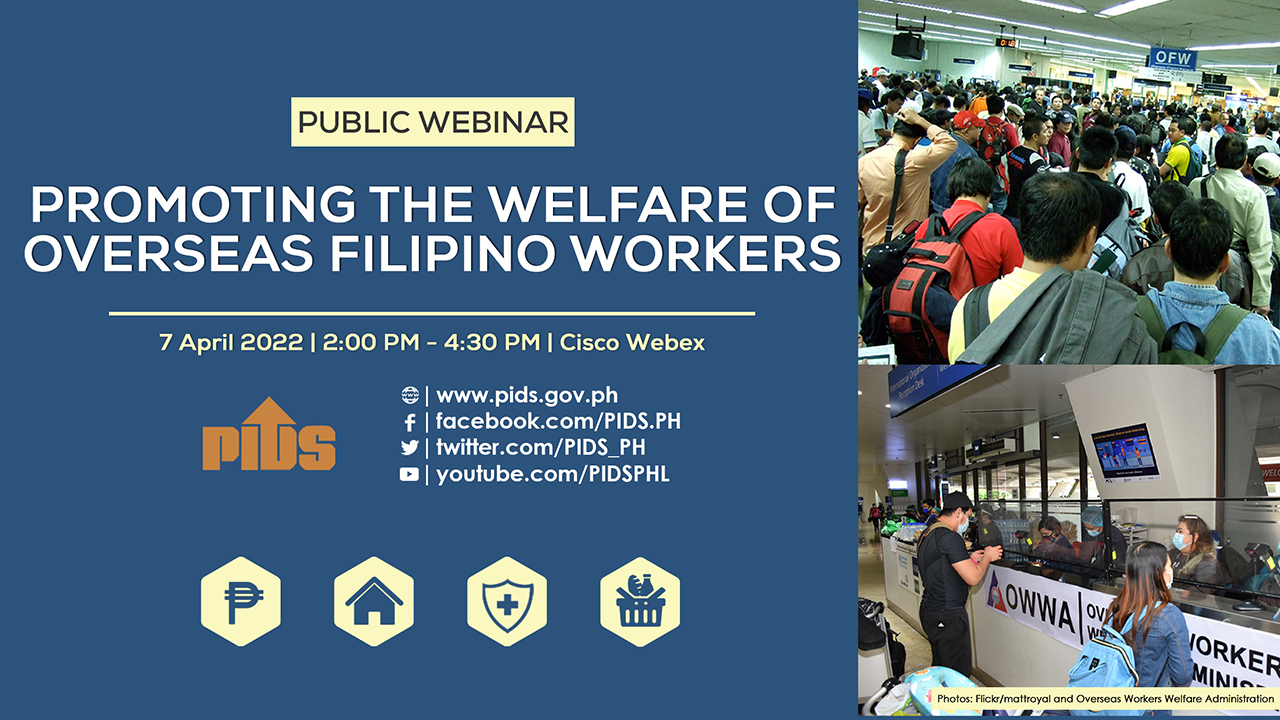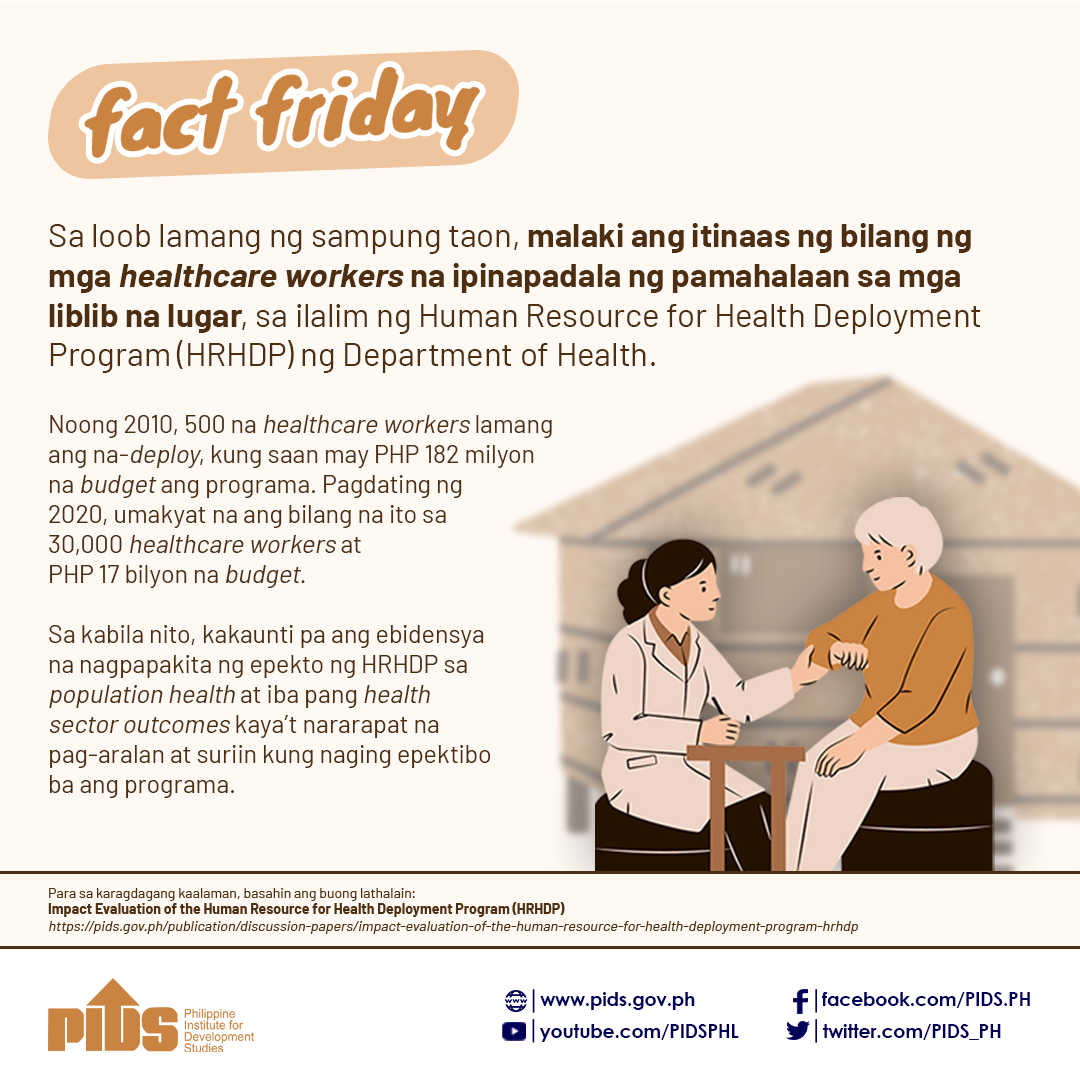ONLINE workers in the region should organize themselves into a labor group and agree on a wage floor to prevent the “race to the bottom mentality” in their industry, according to the Philippine Institute for Development Studies (PIDS).
This was according to a study titled Online Work in the Philippines: Some Lessons in the Asian Context authored by PIDS Senior Research Fellows Connie Bayudan-Dacuycuy, Aniceto C. Orbeta Jr., and Ramonette B. Serafica as well as Research analyst Lora Kryz C. Baje.
The authors said many online workers, including in the Philippines, receive low wages compared to those in western countries.
“Currently, the power is skewed in favor of firms while risks and costs are borne by workers. A starting point would be to include the platform economy in the Asean agenda so that issues and challenges can be mapped to potential solutions,” the authors said.
“Agreeing to a wage floor, for example, can help address the ‘race to the bottom’ mentality. While putting a united front in the digital space is a challenge, sending a cohesive message has the potential to balance the fulcrum of power,” they added.
The authors cited data showing that the oversupply of online workers globally has reached 1.576 million. Of this number, around 12 percent or 188,300 are Filipinos.
The study showed that there are a potential 221,100 Filipino online workers but only 32,800 are successful online workers in the country.
“Compensation may also be driven downwards by the number of people seeking jobs. In one platform, evidence shows that the Philippines accounts for 12 percent of the global oversupply,”
“Not only will oversupply exert a downward pressure on compensation as workers potentially underbid each other, but this will adversely affect the workers’ bargaining power as well,”
Apart from low wages, the PIDS researchers raised concern regarding the lack of social protection for online workers, especially when they become seniors.
Senior workers
The researchers said in the Philippines, the elderly population is projected to hit 10 percent in 2025 and 16 percent by 2045. This would include the existing workers of today.
The authors said the average age of platform workers in the Philippines is 31 years and the estimated probability of a 25 years old being a platform worker is around 8 percentage points higher than a 35 years old.
This also becomes a concern in terms of gender gaps. Based on data, PIDS said, more women prefer online work in order to balance their responsibilities at home and the need to provide the family another source of income.
“The erosion of the contribution base today will have significant effects on financing future entitlements and this problem is more pronounced in societies with an increasing elderly population,” the authors said.
“More women will likely engage in platform work since the latter promises flexibility that allows women to perform non-market work/care work alongside gainful economic opportunities. This can exacerbate gendered gaps in terms of social protection,” they added.
No retirement package
In 2018, the Asian Development Bank (ADB) said that if Asian countries fail to adopt innovative employment and social protection measures, many citizens won’t be able to afford retirement.
In an Asian Development Blog, ADB Principal Social Development Specialist Sri Wening Handayani said social protection can improve the future of Asian workers.
Handayani said this is particularly the case in today’s gig economy where workers have short-term contracts or are working as freelancers without any benefits such as retirement packages.
Currently, Handayani said the coverage of social protection programs in Asia is already very low compared to European countries.
Based on ADB’s Social Protection Indicator, less than half of Asia’s population was fully covered by at least one social protection scheme in 2015.
Handayani said the range varies from Japan, with more than 90 percent, to Nepal with less than 30 percent coverage.
Online workers must agree on a wage floor–PIDS study












